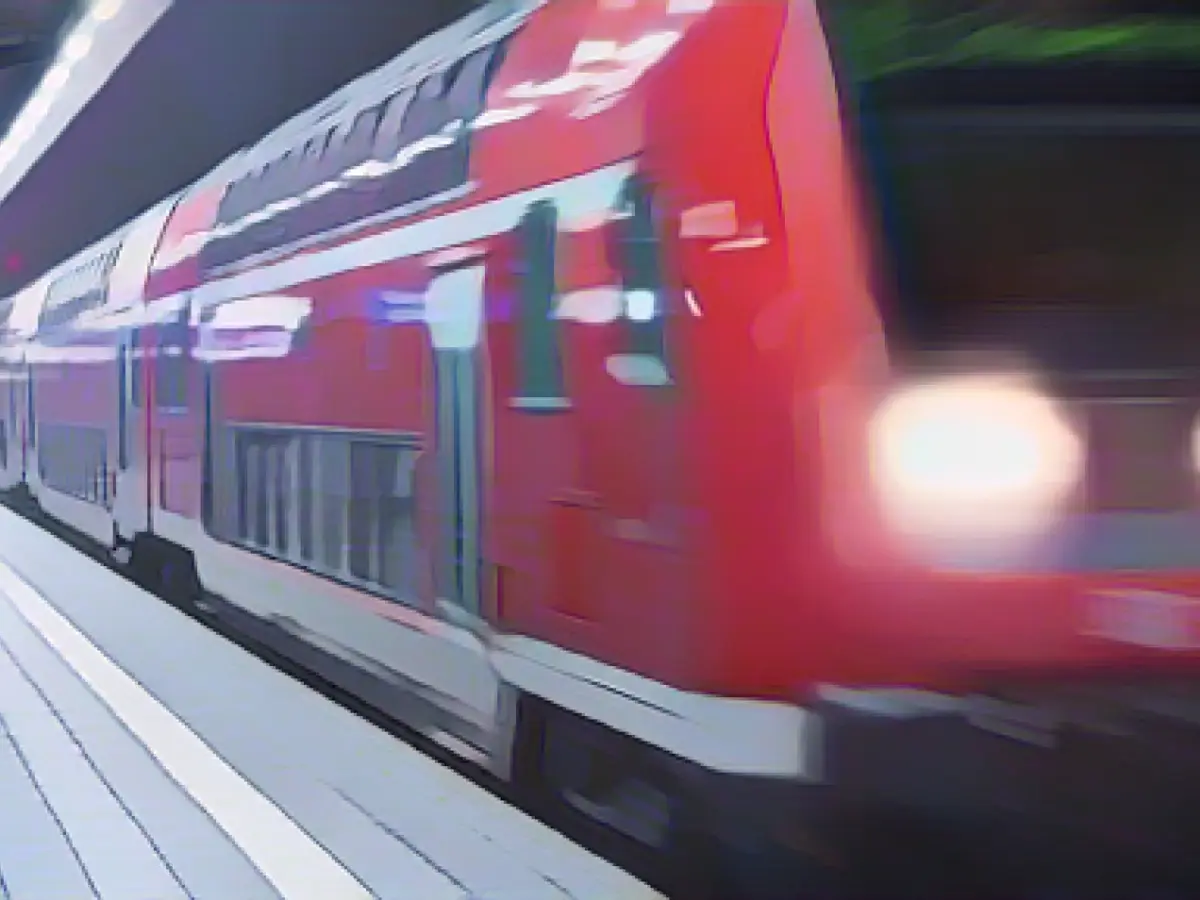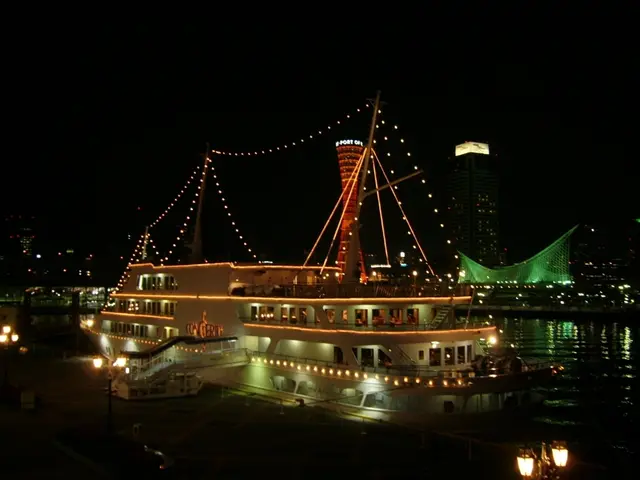Boosting Local Transport in Mecklenburg-Vorpommern
Local authorities in Mecklenburg-Vorpommern have set their sights on enhancing public transport services in a significant way. As part of an ambitious transportation plan, they aim to establish regular bus routes, as well as a state-wide on-demand bus system featuring consistent standards. The goal is to improve the region's bus network and create a more user-friendly experience for passengers.
In a recent announcement, State Secretary for Economic Affairs, Ines Jesse, shared that regional bus routes will soon run every hour or every other hour, including during school vacations. Coordination with railway services is also on the agenda to minimize delays and improve accessibility, particularly during school holidays when traditional school transport is unavailable.
Jesse also announced the state's commitment to funding the on-demand bus system project with permanent subsidies. In exchange, local authorities will provide cross-district services and maintain reliable bus service intervals. The first three Regiobus routes have already begun operation as of December 10, with more to follow in the near future.
The districts have pledged to expedite the implementation of municipal on-call bus systems across their jurisdictions, with the aim of establishing a nation-wide regular bus service by the end of 2024. According to Mecklenburg-Vorpommern's Managing Director of the Association of Districts, Matthias Köpp, the necessary funds have finally been allocated in the state budget.
After experiencing a dramatic downturn in passenger numbers during the Coronavirus pandemic, local transport services saw a notable recovery in 2022. According to surveys conducted by the Statistical Office, Mecklenburg-Vorpommern recorded close to 128 million passengers using their public transportation services, marking a 30% increase from 2021 and only slightly behind the 2019 pre-pandemic figure of 126 million passengers.
Thanks to the introduction of the Deutschlandticket, local transport saw further growth in 2023. The specific figures for the current year are yet to be released.
In 2022, buses and coaches remained the primary modes of transportation, with 73 million passengers. Trams in Rostock and Schwerin carried 39 million passengers, while regional and suburban trains carried 22 million passengers. When accounting for multiple types of transportation in a single journey, the total number of passengers reached 128 million. Rail traffic experienced the most significant increase compared to 2021, with a rise of 56%.
The survey data was collected from 58 companies operating in Mecklenburg-Vorpommern and compiled by the Statistics Office.
On a related note:
Enrichment Data:
Improving public transportation services in Mecklenburg-Vorpommern is only one component of a broader initiative to reduce car usage in Germany. The country has invested in various projects, such as:
- Electric Trucks and Charging Infrastructure: The German government is allocating resources to develop a nationwide super-charging network for electric trucks, which will help decrease emissions and ultimately encourage the use of electric vehicles, ultimately leading to reduced car usage in the long term.
- Sustainable Energy: Municipalities like Novovolynsk are advancing photovoltaic systems and promoting climate-friendly heat supply, which can help reduce dependence on fossil fuels and encourage the use of public transport or alternative modes of transportation.
- Promotion of Sustainable Practices: Initiatives like upcycling raw materials, developing durable products, and refining product design to create resource-efficient products are being promoted in North Rhine-Westphalia, as part of the digital circular economy. These strategies aim to decrease waste and influence public transport policies.
- Government Support for Sustainable Projects: The government is backing the development of hydrogen infrastructure, which could lead to cleaner and more efficient public transportation systems in the future. For instance, the Rostock-Lubmin region is establishing itself as a key hydrogen center, which includes projects like the construction of a 100-MW electrolyzer and a floating hydrogen import terminal.
While Mecklenburg-Vorpommern-specific initiatives are not explicitly provided in the given sources, these broader strategies and investments in sustainable energy and infrastructure likely form part of the state's efforts to reduce car usage and promote public transport services.






